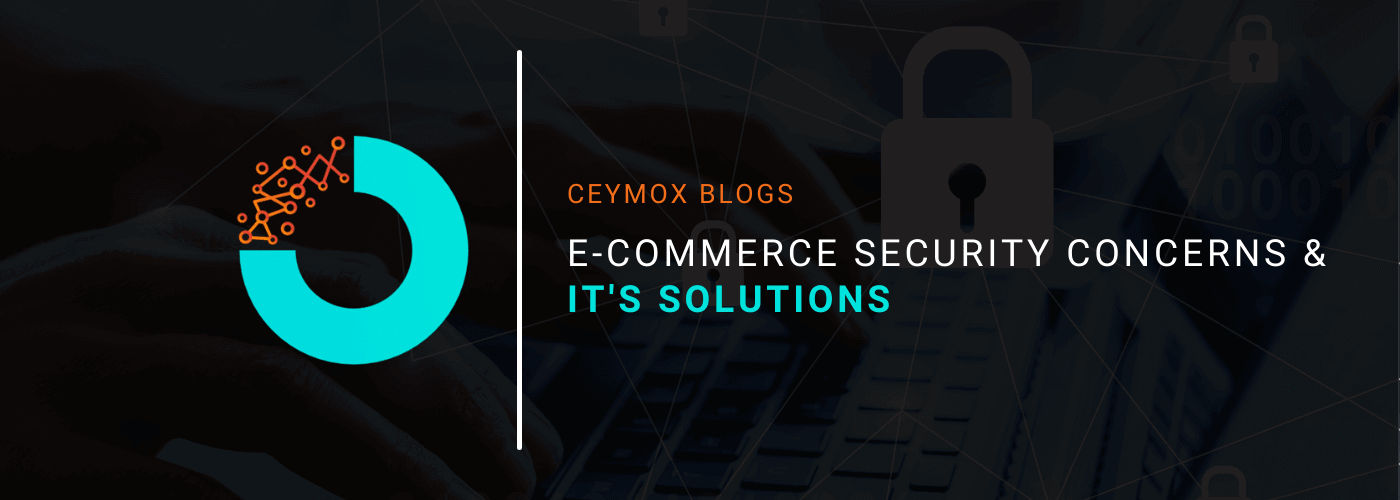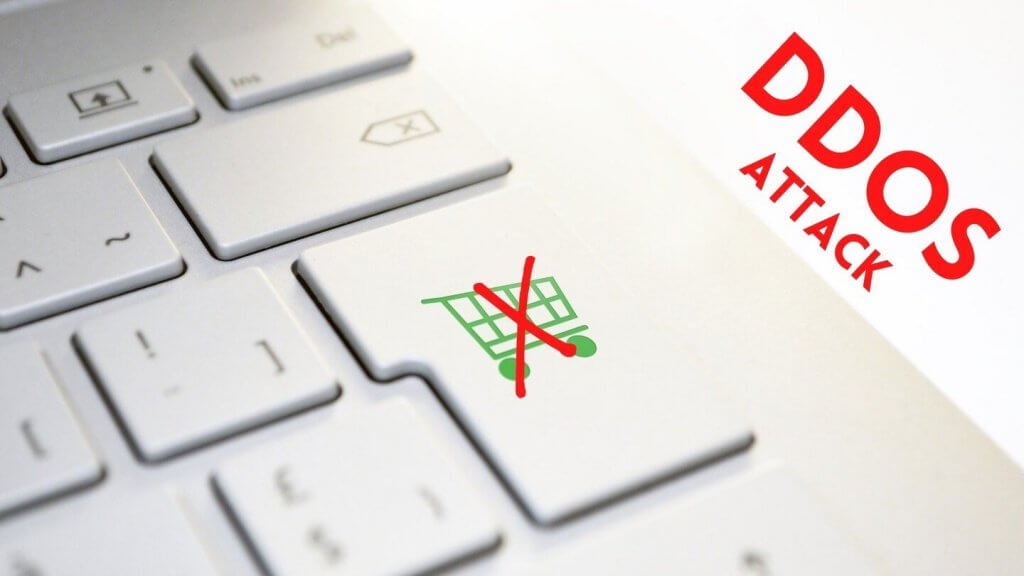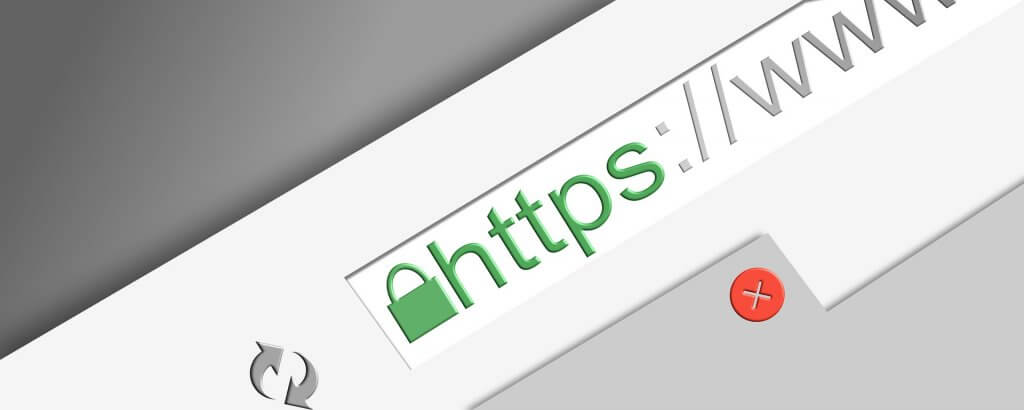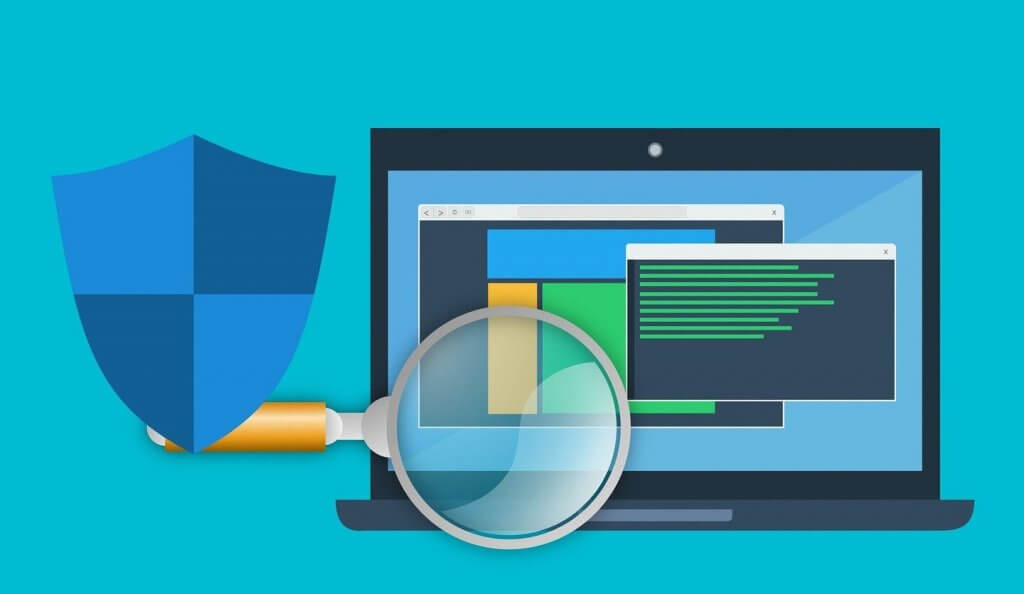
When there is money involved, criminals follow. Security of your e-commerce store is not something which you can take lightly. There have been several instances of data leaks which have fundamentally damaged trust in digital security. But as the world is getting digital, customers now are comfortable in making payments digitally through the known payment systems like Paypal, Amazon, Google, etc. However, they are still not convinced to enter their credit card details to even known companies because of the fear of losing money.
If you fail in providing utmost security to your customer on your e-commerce store, it will directly impact the sales and will also degrade your business reputation. Once it is known that the company is not trustworthy for keeping the customer data secure, no one will prefer to buy from your store. There are many threats to the security of an e-commerce store such as financial frauds, Spam, Phishing, Bots, DDoS attacks, Brute Force Attacks, SQL injections, XSS, Trojan Horses, etc.
We would be discussing all of these security threats in detail. Bots and DDoS attacks are the most prevalent security threats which we will discuss first and in more detail. Let’s begin.
DDoS Attacks:

DDoS stands for Distributed Denial of Service. The aim of these attacks is to disrupt the website and affect overall sales. These attacks are capable of flooding your servers with numerous requests until they succumb to them and your website crashes.
Bots:

You must have acknowledged this term before. Bots such as Chatbots are widely famous for providing better customer experience and helping in many other different ways for your e-commerce store. However, not every Bot is good. There are some Bots which are developed to scrape websites for their inventory or pricing information. The hackers can use this for pricing alterations of your online store, and many other changes which can degrade the sales.
As per a study conducted in 2018, 37.9% of the traffic on any website comprised bots injected by hackers. In the web traffic, there are 62% humans, 18% Good Bots, and 20% Malicious Bots.
Properties of Good Bots:
- They can crawl a web page
- Can monitor the health of the website
- Aggregate data
- They can perform online transactions
- Interact with users as Chatbots
Properties of Malicious Bots:
- Malicious Bots can steal valuable business data
- They can launch DDoS attacks
- They can post phishing links and spam in comments
- Can damage the online reputation
- Perform web scraping
Is Cybersecurity a concern for all enterprises with e-commerce transactions?
Bot traffic patterns change in line with the popularity of a given website. The ratio of malicious to good bots recorded for 2019 shows:
| Emerging Websites: 0 to 10 daily human visits | Small Websites: 10 to 1000 daily human visits | Medium Websites: 1,000 to 10,000 daily human visits | Large Websites: 10,000 to 100,000 daily human visits |
Malicious Bots: | 54.8% | 34% | 45.5% | 60% |
Good Bots: | 45.2% | 66% | 54.5% | 40% |
Top 5 Industries with Malicious Bot Traffic:
- Financial Industry: 42.2%
- Ticketing: 39.3%
- Education: 37.9%
- IT & ITES: 34.4%
- Marketing & Advertising: 33.3%
Most Common Attacks on E-commerce Websites:
- Frauds of Credit or Debit Card
- DDoS or Distributed Denial of Service
- Attacks of the Man in the middle
- Cross-Site Scripting
- Malicious Bots Aiming At E-commerce Industry
- Malware injections
- Phishing Scams
Top Signs Signifying Bot Problem:
- Site goes down in a frequent manner
- The traffic report of Google Analytics is changing greatly after filtering the crawlers.
- The content of your site is plagiarized elsewhere on the internet
E-commerce Security Solutions:
Most of the features of e-commerce stores having ideals are common. They are not heavily dependent on 3rd party apps, they don’t economize on robust hardware, and much more. We have listed all the essential steps that you can take to secure your e-commerce store from malicious threats.
1. Switch to HTTPS:

HTTP protocol frequently changes. If you are using an old version of the HTTP protocol in your e-commerce store then you are just inviting hackers to crash your site. The best thing is to switch to HTTPS which displays a green lock sign signifying that the site is secured. It is present in the URL bar on the web page.
In fact, now in most of the browsers, a message is displayed before opening a site which is not HTTPS compiled.
2. Secure the Admin Panel and Servers:

In most of the e-commerce platforms, there are default passwords which are easy to guess. And if you don’t change them, again you are inviting hackers. Better to use highly complex passwords and usernames. Also, change them in a frequent manner.
If you wish, you can also set a notification when an unknown IP attempts to log in.
3. Security of your Payment Gateway:

Payment is the most crucial task in e-commerce. The customers are not always comfortable to share his/her card details. Hence, you must give the utmost security for the payment mechanism.
You must not save the credit card details of customers on your server and make sure that the payment security is not at risk. Additionally, you can use third-party payment processing systems to carry out the process off-site. Popular options include PayPal, Stripe, Skrill, and Wordplay.
4. Use Anti-Malware or Anti-Virus Software:

An anti-virus or an anti-fraud software comes with sophisticated algorithms which can detect any malicious transactions for taking any further action. They provide a fraud risk score which can help proprietors determine if a certain transaction is legitimate.
5. Use Firewalls:

Another effective step for improving the security of your e-commerce store. You can use firewall software which is not so expensive and yet effective. It will help in keeping untrusted networks at bay and regulate the ongoing traffic. It offers selective permeability and allows only trusted traffic.
Wrapping Up:
At Ceymox Technologies, the best Magento development company in India, we provide best level security and all kind of Magento development services to your E-commerce store. We are having expertise in developing e-commerce stores from scratch. Let us know your requirements and we will turn them into reality.
 Hubspot SEO Certified |  Hubspot SEO II Certified |  Google Ads Search Certified |  Google Analytics Certified |
Sreehari N Kartha is a skilled Digital Marketing Analyst at Ceymox, certified in SEO. His expertise encompasses a wide range of digital marketing strategies, including managing advertising campaigns on platforms like Google Ads, Facebook Ads, Instagram Ads, WhatsApp Ads, and LinkedIn Ads. With a strong foundation in SEO and SMM, Sreehari is adept at optimizing online visibility, driving engagement, and generating qualified leads and conversions. His passion for emerging technologies, such as Crypto, NFTs, and Web3, further complements his skillset, enabling him to navigate the dynamic digital landscape.
View All Articles